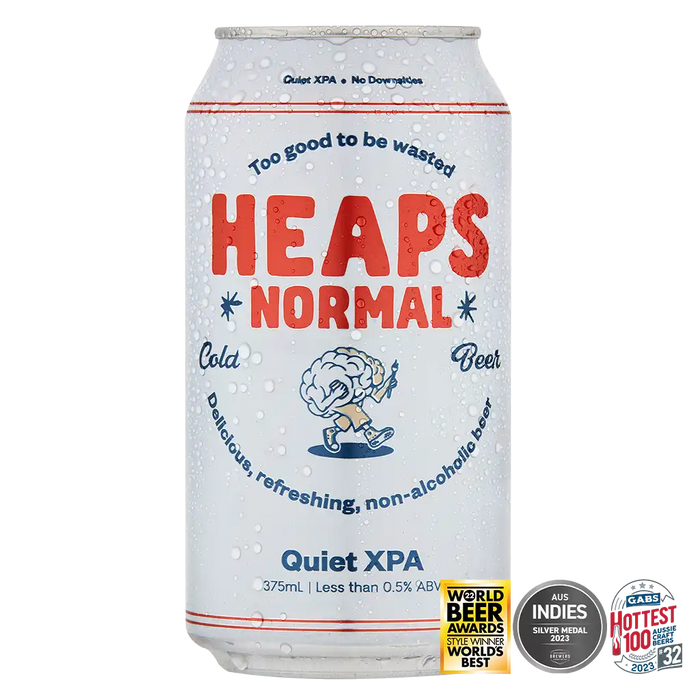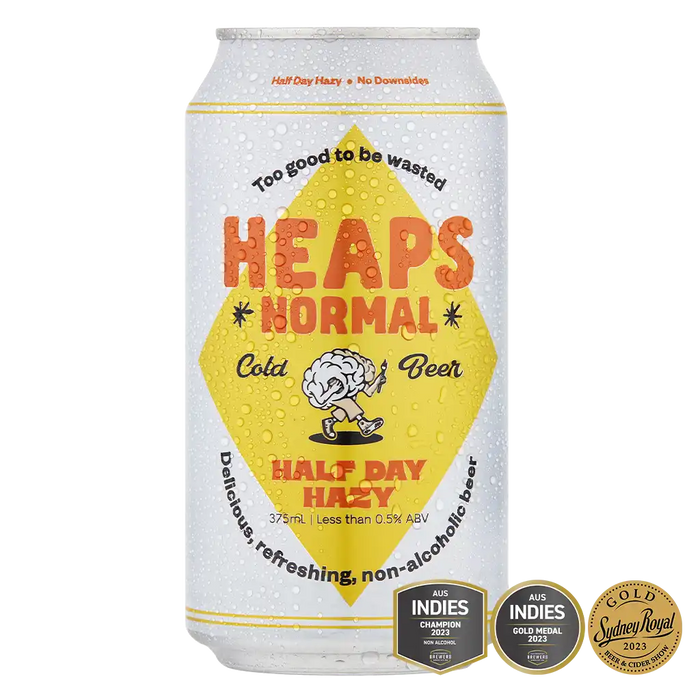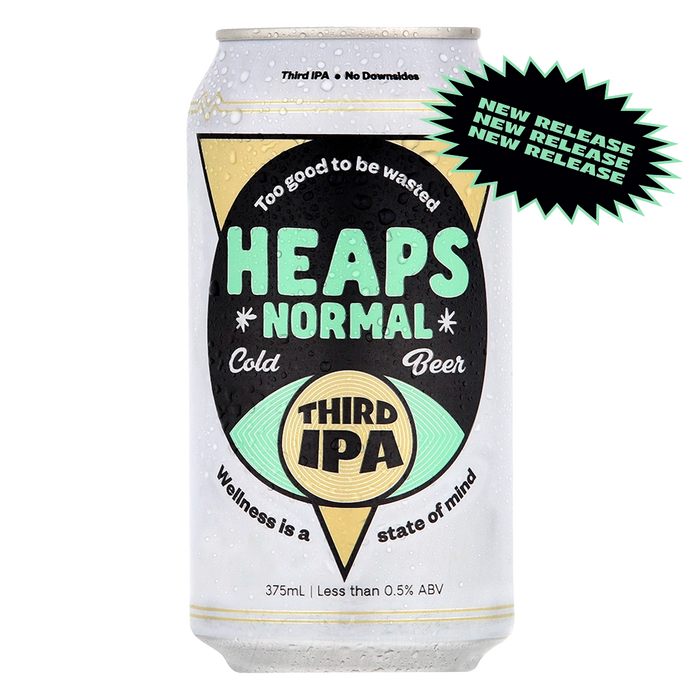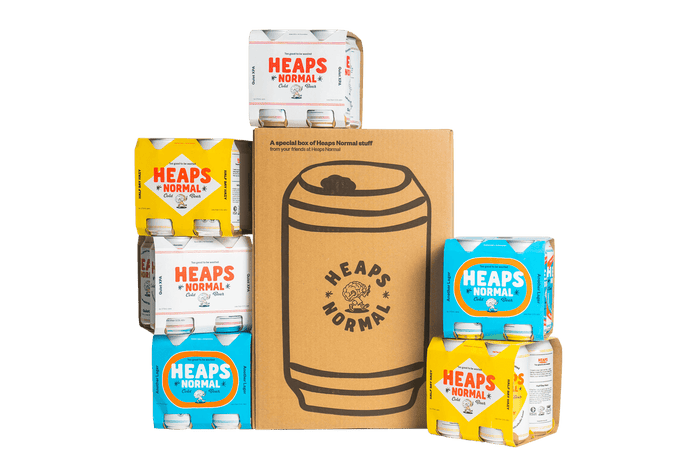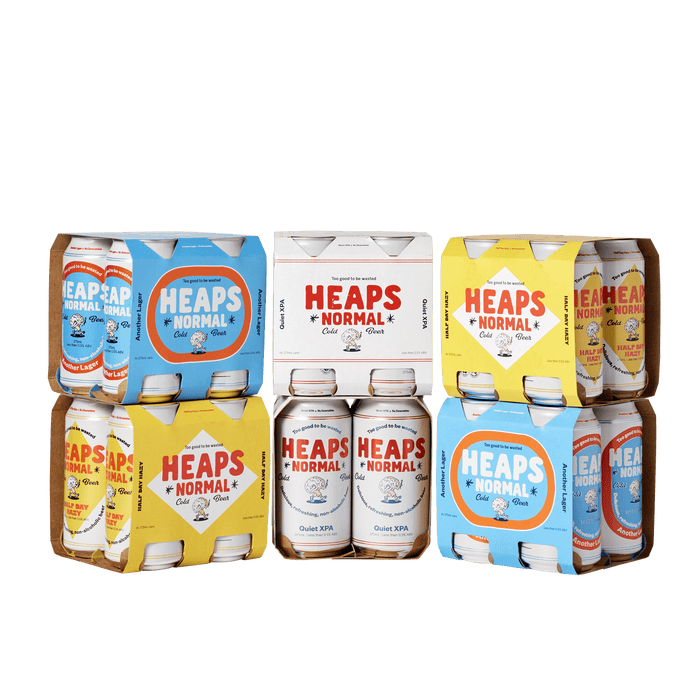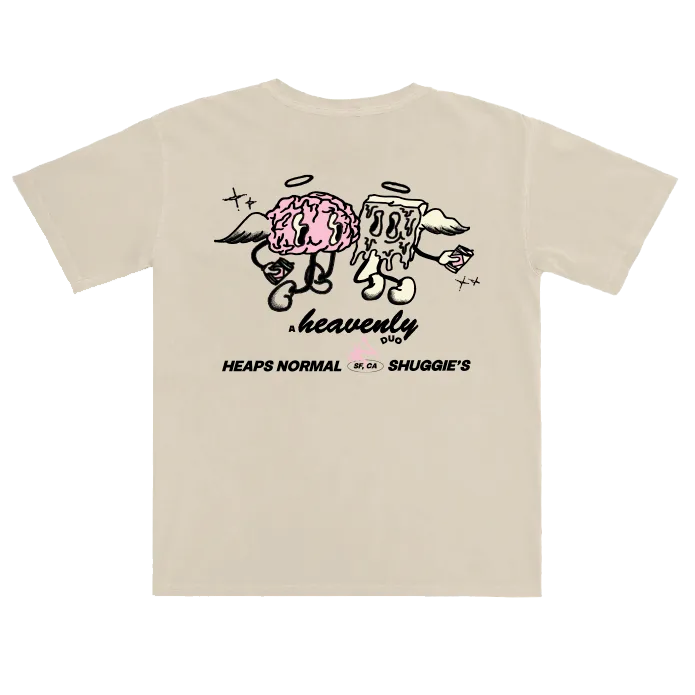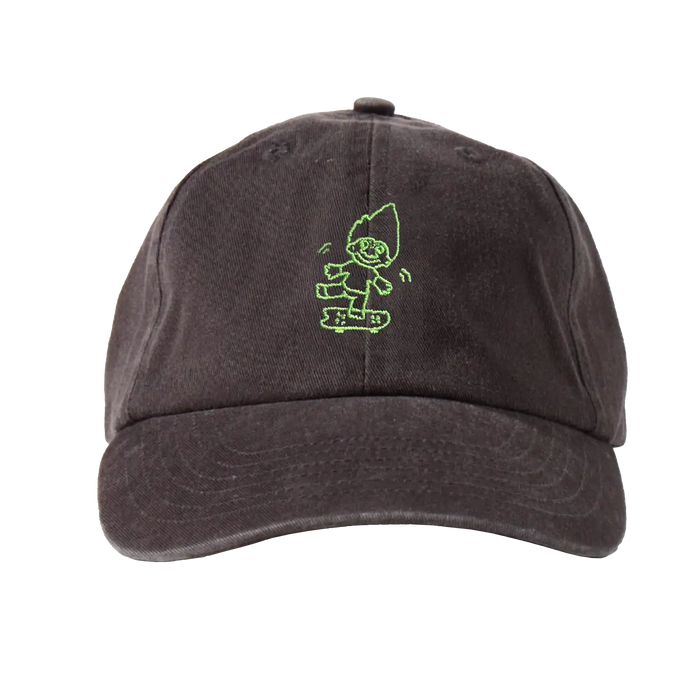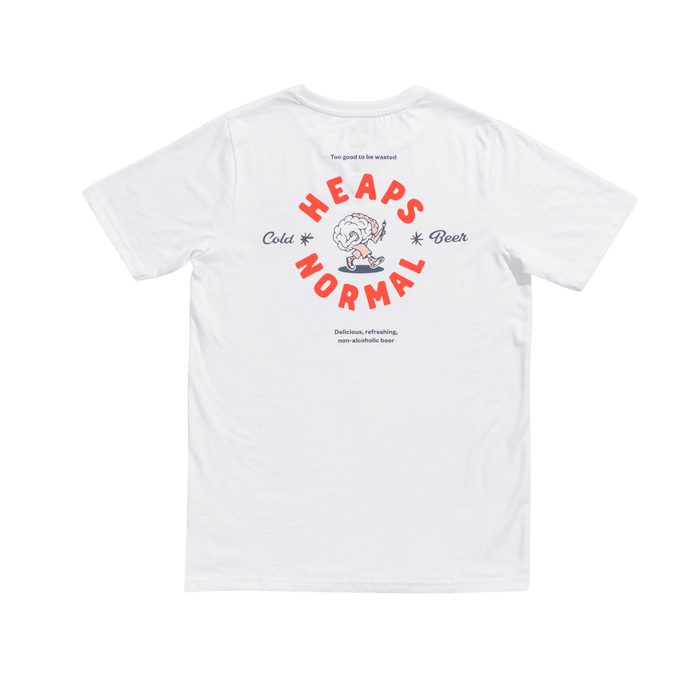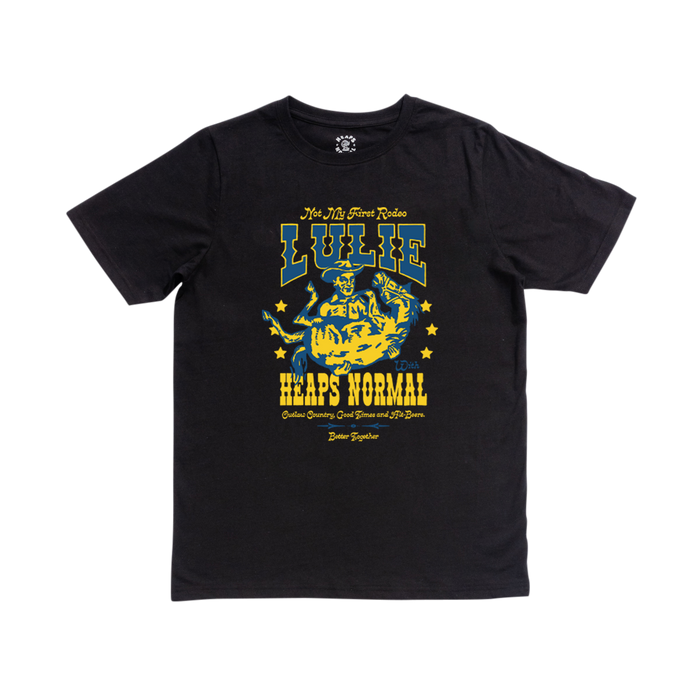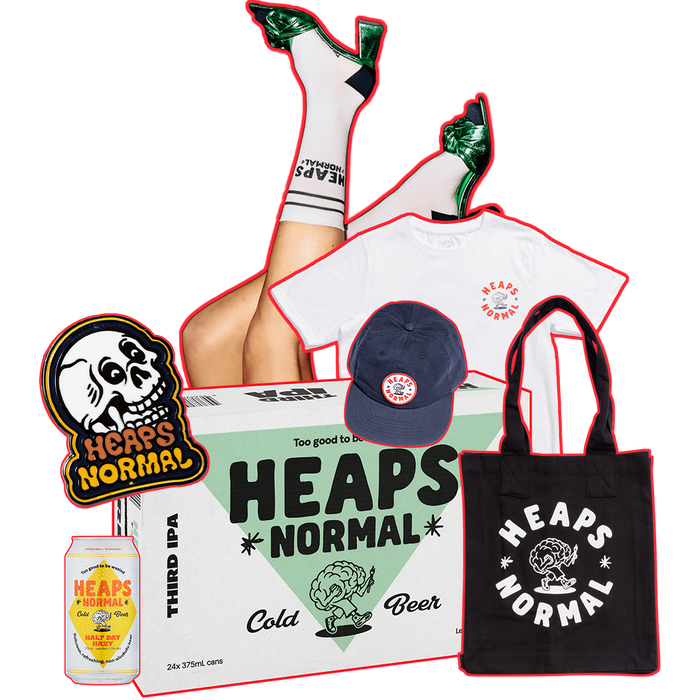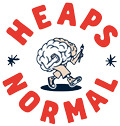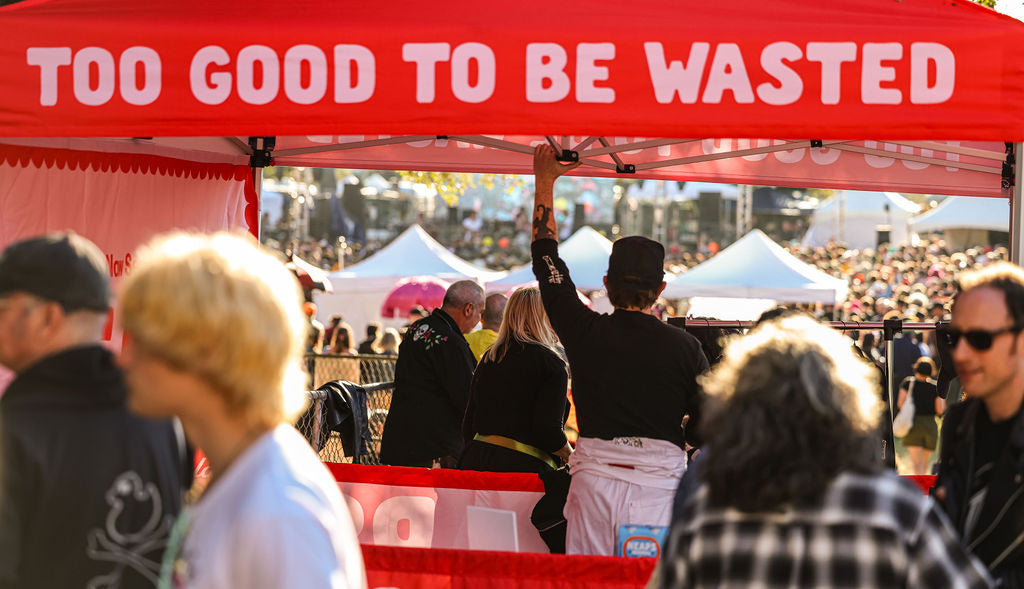TS
We talk a lot about the pressures of Australian culture at Heaps Normal and obviously, we're focused on drinking culture, and how that impacts behaviour, and how that impacts things like the safety of spaces, particularly those spaces that are created for music. What are some of the pressures that you felt growing up? I understand you lived in multiple locations around Australia and abroad. What are some of those kinds of Australian cultural pressures you felt growing up in Australia? And how did you overcome and deal with them?
ZR
I didn't like the whole Australian identity, which we subscribe to, or the Australian larrikin. That idea that you get pissed out of your head. I think it's drinking for joy and stuff, but it's also drinking from discomfort and laughing from discomfort. I think a lot of times we try and make light of things because we don't know. Growing up Indigenous in this country, you just see the discomfort in people. So rather than dealing with the discomfort, you try to make it light or dismiss your existence.
Because it's really uncomfortable. What we've done here, I think it manifests in this very toxic way. So you know, I kind of can't switch off the fact that I make people uncomfortable, because of how I look, what my lived experience is. When I was younger, I had a really difficult time you kind of go into survival mode, where you've grown up understanding that not all spaces are safe for you. So it was this whole process of unlearning, catering to make people feel comfortable.
But if you were strong in what you're saying that could completely set someone off and the conversation. So you're just constantly reminded and taught, you know, to make yourself small and to understand how to make other people around you feel comfortable, so you're constantly watering this garden. If I stop worrying about watering everyone else, what will I then grow into?
As I grew up and started to understand my own power, and my own thinking, and understanding around everything, and, and also having a loving and supportive family. There were specific spaces that I did feel safe and I didn’t want to abandon that. I want to be able to take my safety everywhere I go. I don't have that privilege. I know that to not just find my norm and be myself, like, poisons me from the inside out.
TS
Yeah. I'll just jump on what you said there about being normal, obviously, that's built into our name as a brand. We talk about what the word normal actually means. And in a way, what we're trying to do is ask people to question normal. So what does normal mean to you? How do you define normal?
ZR
Yeah, I mean, I think that such critical thinking is something that is not always encouraged in a society that's hiding things. Normal has become almost convoluted. And I mean, when you think of the normal Australian, people always ask me where I'm from. Well, isn't that interesting, that you ask someone who's been here 50,000 years where they're from?
Because what you understand to be a normal Australian shouldn't look like me, because that's not what we've told people is normal. So I think language is powerful. I think what's so interesting about redefining normal is making people think about that. I think what is normal to you really reflects where you're at, and how you're thinking about things. I think normal for me, it's like, anything and everything pride. It's far and wide. And it's individual.

